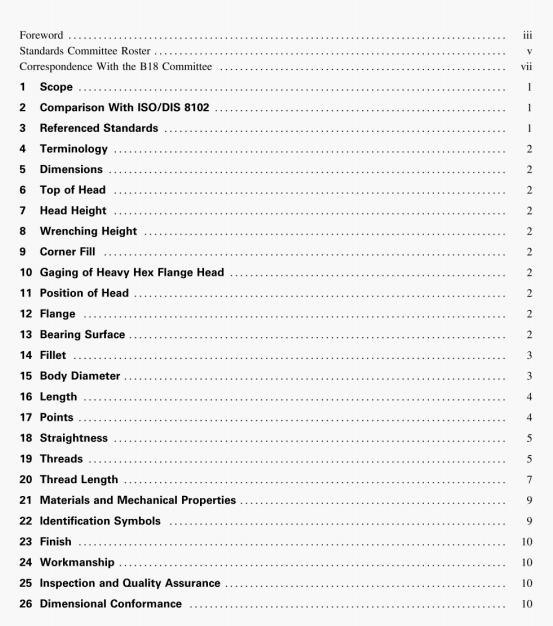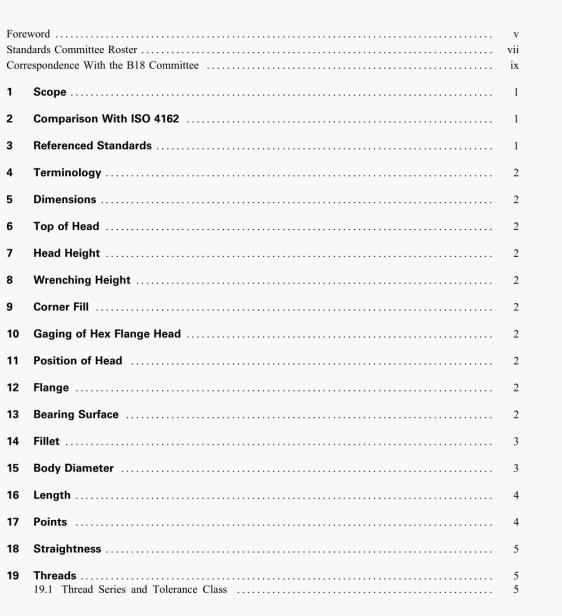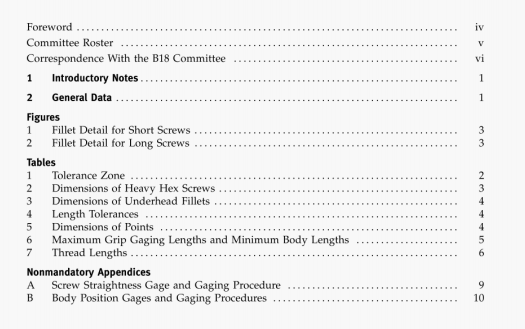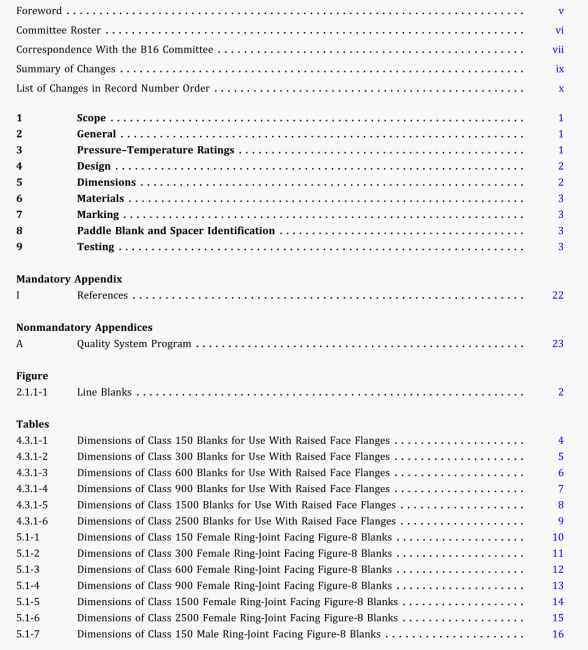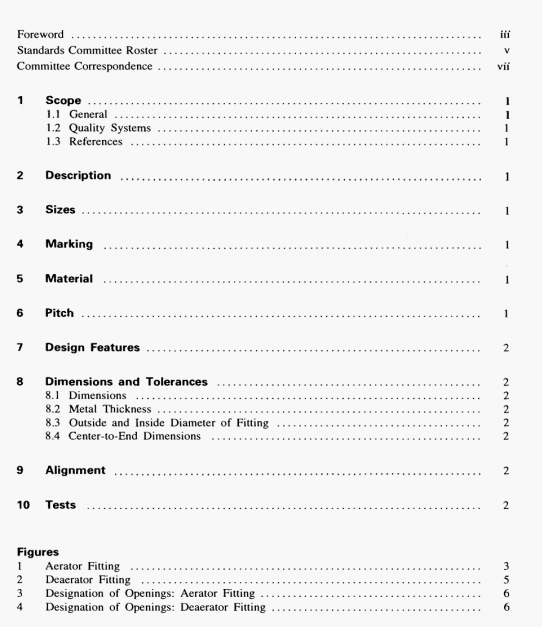Abstract: ASME 831.8S:2014 pdf download.Managing System Integrity of Gas Pipelines. The operator shall consider each threat individually or in the nine categories when following the pness selected for each pipeline system or segment. The prescriptive...
ASME 831.8S:2014 pdf download.Managing System Integrity of Gas Pipelines.
The operator shall consider each threat individually or in the nine categories when following the pness selected for each pipeline system or segment. The prescriptive approach dclincatcd in Nonmandatory Appendix A cnablcs the operator to conduct the threat
analysis in (he context of the nine categories. All 21 threats shall be considered when applying the performance-based approach.
If the operational mode changes and pipeline segments arc subjected to significant pressure cycles. pressure differential, and
rates of change of pressure fluctuations, fatigue shall be considered by the operator, including any combined effect from other
failure medianisms that are considered to be present, such as corrosion. A useful reference to help the operator with this
consideration is GRI 04-0178. Effect of Pressure Cycles on Gas Pipelines.
2.3 The Integrity Management Process
The integrity management process depicted in Fig. 2.1-2 is described below.
2.3.1 Identity Potential Pipeline Impact by Threat.
This program element involves the identification of potential threats to the pipeline, especially in areas of concern. Each
identified pipeline segment shall have the threats considered individually or by the nine categories. See pam. 2.2.
2.3.2 Gathering, Reviewing, and Integrating Data.
The first step in evaluating the potential threats for a pipeline system or segment is to define and gather the necessary data and information that characterize the segments and the potential threats to that segment. In this step, the operator performs the
initial collection. review, and integration of relevant data and inkrmation that is needed to understand the condition of the pipe:
identify the location-specific threats to its integrity: and understand the public, environmental, and operational consequences of an incident. The types of data to support a ñsk assessment will vary depending on the threat being assessed. Information on the operation, maintenance. patrolling, design, operating history, and specific failures and concerns that arc unique to each system
and segment will be needed. Relevant data and information also include those conditions or actions that affect defect growth (e.g.. deficiencies in cathodic protection).
Recommended:
ASME A112.1.2:2012 pdf download ASME 14414:2015 pdf download ASME 30.9:2021 pdf download ASME Y14.1-2020 pdf download